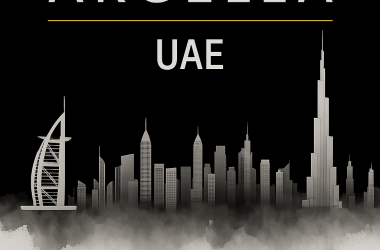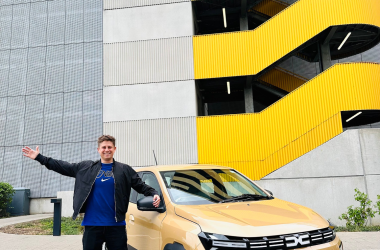GEMA Becomes First Collecting Society to File Lawsuit Against Provider of Generative AI Systems
Munich, Germany – On Wednesday, November 13, 2024, GEMA, the world’s largest authors’ society for musical works, has taken a groundbreaking step by filing a lawsuit against US company OpenAI for the unlicensed use of protected musical works.
Specifically, the lawsuit targets OpenAI, the operator of the popular autogenerative chatbot systems, for reproducing protected song lyrics by German authors without acquiring proper licenses or compensating the authors. GEMA aims to prove that OpenAI has systematically used its repertoire to train its AI systems.
OpenAI has become the world’s leading provider in the field of generative AI, boasting annual sales exceeding two billion dollars with a projected increase to five billion dollars in 2024. Its AI-supported language system, ChatGPT, was trained with copyrighted texts, including song lyrics from the repertoire of around 95,000 GEMA members, who have not received any compensation for the use of their works.
In response, on November 13, 2024, GEMA filed a lawsuit with the Munich Regional Court against the American parent company, OpenAI, LLC, and its European operator, OpenAI Ireland Ltd., for the chatbot’s unlicensed reproduction of song lyrics. The chatbot, when prompted, reproduces original song lyrics that it has been trained with.
While other internet services pay licensing fees to authors for using their texts, OpenAI has deliberately infringed on copyrights by using authors’ content without proper compensation. Dr. Tobias Holzmüller, CEO of GEMA, stated, “Our members’ songs are not free raw material for generative AI systems providers’ business models. Anyone who wants to use these songs must acquire a license and remunerate the authors fairly. We have developed a licensing model for this, and we will take legal action against unlicensed use.”
The lawsuit has garnered support from numerous well-known German music artists, including Kristina Bach, Rolf Zuckowski, Reinhard Mey, Inga Humpe, Thomas Eckert, Ulf Sommer, and Peter Plate, and their music publishers. These artists’ song lyrics have been exploited by the chatbot without any compensation.
Dr. Ralf Weigand, Chairman of GEMA’s Supervisory Board, stated, “Last week, we made it clear with GEMA’s AI Charter that human creative achievements must not be used as a free template for the offerings of AI providers in a deeply commercial exploitation chain. Likewise, we cannot accept that copyright infringements occur in the output of chatbots. GEMA’s lawsuit sends an important signal: the livelihood of us creative professionals is at stake.”
In September 2024, GEMA presented a generative AI licensing model, aiming for the fair participation of music creators when their works are used in training systems, generating new AI songs, or as part of AI-generated music content. GEMA had previously informed AI model and system operators in writing that they must acquire a license to use GEMA works.
Dr. Kai Welp, GEMA General Counsel, stated, “The new technology presents us with fundamental legal questions that we absolutely must clarify. This is the only way we will succeed in establishing a licensing model on the market that strikes a fair balance between creators’ and exploiters’ interests. Our model procedure makes a decisive contribution to this. However, it also shows that we are prepared to enforce the rights to which authors are entitled.”
GEMA’s AI Charter calls for a responsible approach to generative AI, comprising ten core principles, including the protection of intellectual property, fair participation of creative professionals in value creation, sustainability, and transparency and responsibility from AI providers.
GEMA represents the copyrights of around 95,000 members in Germany, including composers, lyricists, and music publishers, as well as over two million rights holders from all over the world.
For more information on the lawsuit against OpenAI, GEMA’s AI Charter, and AI licensing model, please visit www.gema.de/ai-lawsuit, www.gema.de/ai-charter, and www.gema.de/ki respectively.
For media inquiries, please contact:
Ursula Goebel, Director of Communications
Phone: +49 89 48003-426
E-mail: ugoebel@gema.de
Christina Zander, Communications Manager
Phone: +49 170 4155365
E-mail: czander1@gema.de







